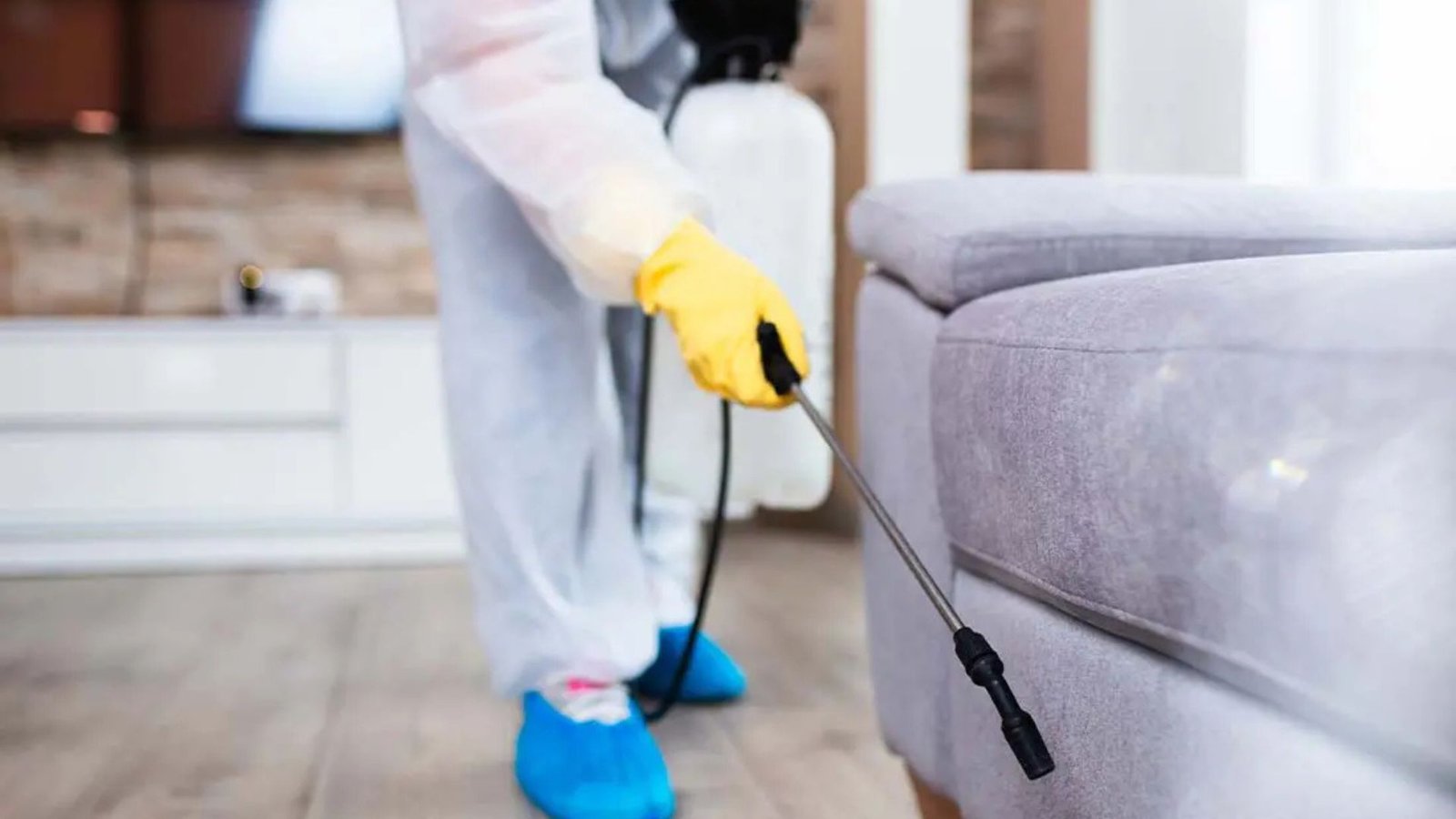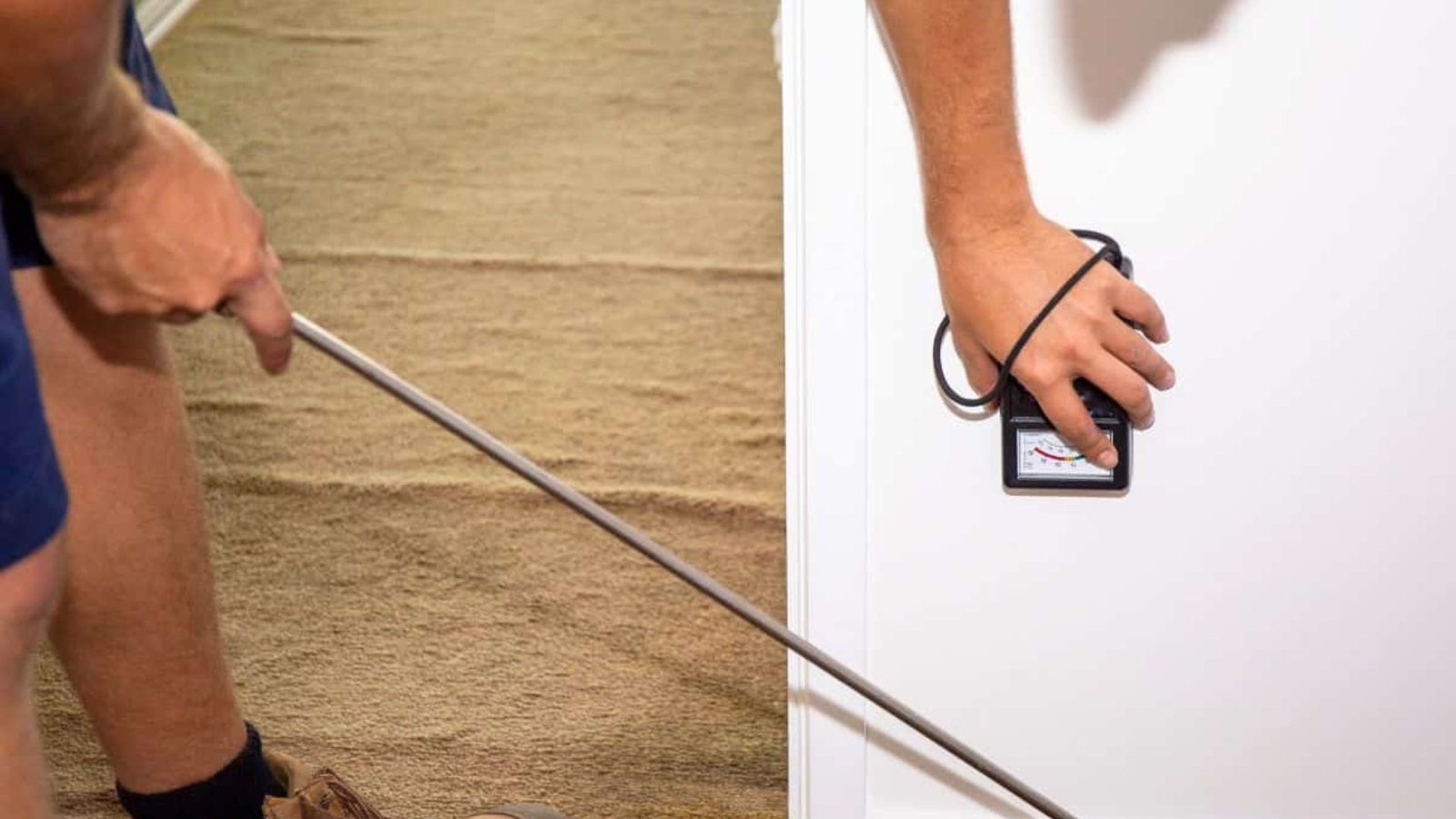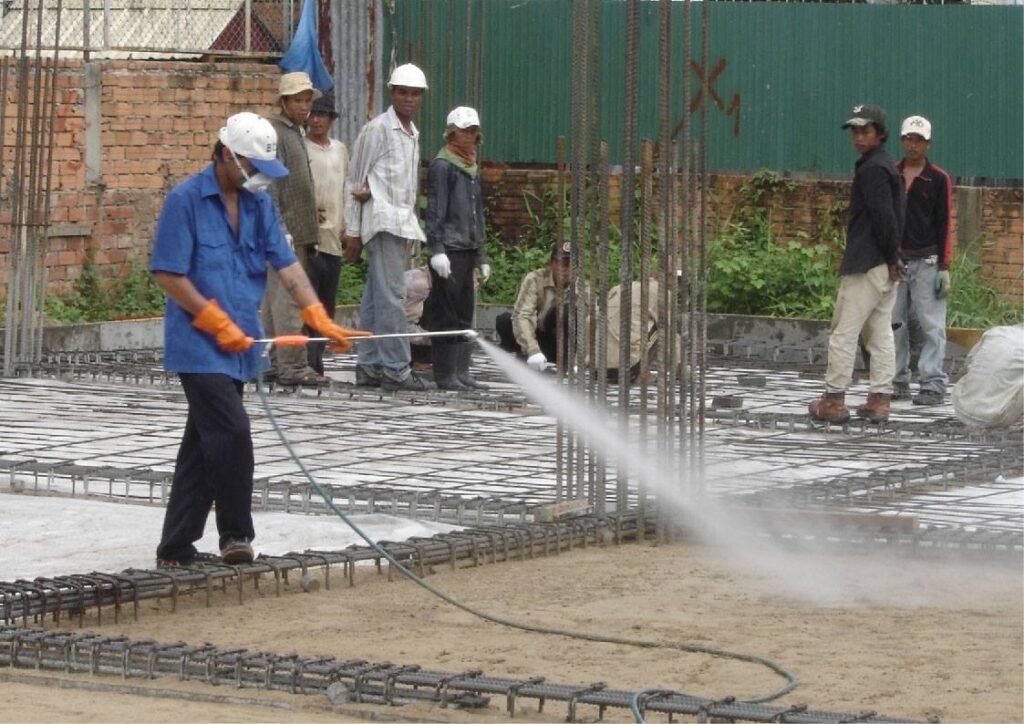Choosing the right termite treatment is crucial for protecting your home from these destructive pests. Termites can cause significant damage if left unchecked, so it’s important to take action as soon as you suspect an infestation. In this article, we’ll share strategies that can help you effectively choose the right termite treatment for your situation.
Understand the Type of Termite
The first step in choosing the right termite treatment is understanding what type of termite you are dealing with. There are three main types: subterranean, drywood, and dampwood termites. Each type requires different approaches for effective treatment. For example, subterranean termites typically build their colonies underground, while drywood termites live in the wood they consume. Knowing the specific type can help you choose the most effective solution.

Assess the Extent of the Infestation
Before selecting a treatment, assess the extent of the infestation. Look for signs of termite activity, such as discarded wings, mud tubes, or damaged wood. This will give you an idea of how severe the problem is. If the infestation is small, localized treatments may suffice. However, a larger infestation may require more comprehensive solutions, such as fumigation or a whole-house treatment.
Consider Treatment Methods
When it comes to choosing the right termite treatment, there are various methods available. Some common treatments include:
- Liquid Termiticides: These are applied to the soil around your home to create a barrier against termites.
- Bait Systems: These attract termites and eliminate them before they can cause damage.
- Fumigation: This method involves sealing the home and using gas to eliminate termites within the structure.
Each method has its pros and cons. For instance, liquid termiticides provide immediate protection, while bait systems can be more environmentally friendly. Evaluating these options will help you make an informed decision.
Evaluate the Safety of the Treatment
Safety is a crucial factor when choosing the right termite treatment. Some chemicals used in pest control can be harmful to humans and pets. Always ask about the safety of the products being used and whether they are approved by regulatory agencies. If you are concerned about toxicity, consider natural or organic treatment options that are safer for your family and the environment.
Consult with Professionals
If you feel overwhelmed by the options, consulting with pest control professionals is a great strategy. They have experience in identifying termite problems and can recommend the most effective treatments based on your specific situation. They can also provide insight into new technologies and methods that may be more effective than traditional approaches.
Get Multiple Quotes
When choosing a pest control service, it’s wise to get multiple quotes. Different companies may offer various treatments and pricing. Comparing these quotes can help you find the best value for your money. Look for services that provide detailed estimates, so you understand what is included in the cost.
Ask About Warranty and Follow-Up Services
When choosing the right termite treatment, inquire about warranties and follow-up services. A reputable pest control company should offer some form of guarantee for their services. This could include free follow-up inspections or additional treatments if the termites return within a certain period. A strong warranty can provide peace of mind and protection against future infestations.
Consider Long-Term Prevention
After addressing the immediate termite problem, it’s important to think about long-term prevention. Many pest control companies offer ongoing maintenance programs to keep your home termite-free. This could include regular inspections and treatments to prevent future infestations. Investing in preventive measures is a smart strategy that can save you money in the long run.
Stay Informed About Local Termite Risks
Termite activity can vary by region. Research the types of termites prevalent in your area and any seasonal trends that may affect their activity. Understanding local risks can help you make better decisions when choosing the right termite treatment. For instance, if you live in an area prone to drywood termites, you may want to consider treatments specifically designed for that type.
Trust Your Instincts
Finally, trust your instincts when making a decision. If a particular treatment or company does not feel right to you, don’t hesitate to explore other options. Choosing the right termite treatment is a significant investment in your home’s future, so take the time to make the best choice for your situation.
Conclusion
In conclusion, choosing the right termite treatment involves understanding the type of termite, assessing the extent of the infestation, and evaluating various treatment methods. Consulting professionals, getting multiple quotes, and considering long-term prevention are key strategies to ensure effective management of termite issues. By following these guidelines, you can protect your home from the damaging effects of termites and maintain a safe living environment.




